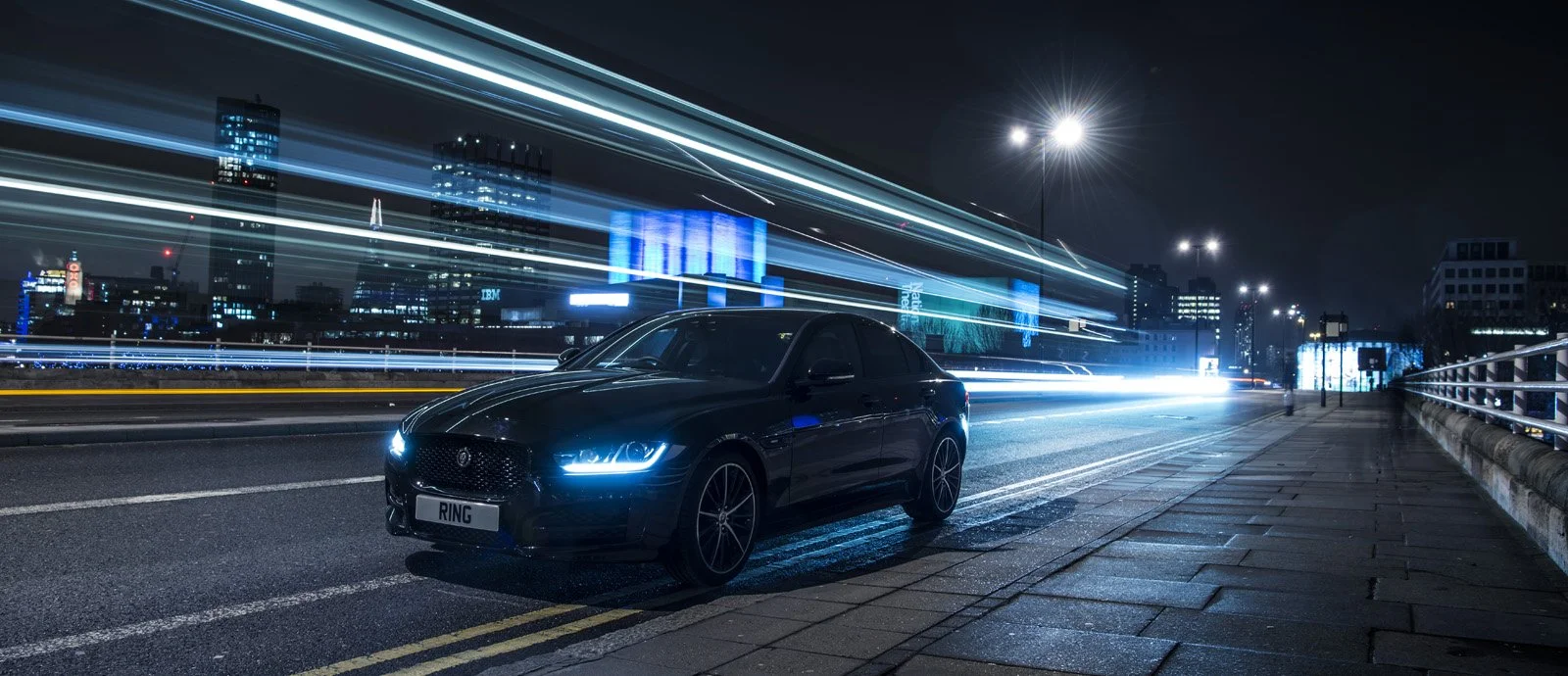Survey reveals lost opportunities with bulb sales
A survey carried out anonymously by premium quality automotive lighting and auto electrics supplier, Ring, has revealed that technicians are not making the most of the bulb business that enters the workshop.
More than 150 technicians participated in a survey, conducted anonymously by Ring and sent via a highly regarded trade publication, that focused on the fitment and selling of bulbs.
The results of this survey show that more than three quarters (76%) of technicians do not advise customers that bulbs should be replaced in pairs, nor do they proactively follow best practice advice and replace them in pairs.
Marketing Director for Ring, Henry Bisson, said: “This result really surprised me when I saw it, I thought technicians changed bulbs in pairs, and I believe it should become second nature for them, as they are missing a massive opportunity to profit from bulbs. An extra sale not only provides the workshop with slightly more margin, it’s also logical that if one bulb has gone, the other will follow soon after. Therefore, it is good customer service to fit in pairs, as the customer doesn’t have the hassle or frustration of coming back again for another bulb to be replaced a week or two after just having had a bulb replaced. Explaining the benefits to the consumer of replacing in pairs also demonstrates a garage’s expertise and attention to customer care. Key benefits of replacing bulbs in pairs include even and consistent light output across paired light units, motorists will have reliable illumination when driving at night, and for garages, it is more efficient to replace two bulbs in one go rather than replacing two bulbs at separate times.
Furthermore, exactly half of the technicians admitted that their workshop does not charge customers for fitting bulbs. Henry Bisson, commented: “By not charging for bulb fitment, workshops are missing out on a huge opportunity and a fantastic profit margin. A bulb should not been seen as a consumable. All external bulbs are critical safety components that have to meet international regulations and as such, should be charged accordingly, plus the time it takes to replace a bulb needs to be accounted for accurately. By not charging for a bulb accurately, mechanics are disadvantaging and undervaluing themselves. Drivers are clearly willing to pay for the convenience of someone to fit their bulbs, so why shouldn’t the half of the workshops surveyed also benefit?
“Naturally, the amount they’d charge is dependent on the vehicle and bulb, as there are some vehicles that technicians would need to take the bumper off to access the headlamp, but there are still a lot of cars that the bulbs are easy to change and, for a two minute job, workshops could make a great profit.”
Henry continued: “We conducted this survey out of curiosity to see what the industry practices were when it comes to bulb sales, and while many of us at Ring assumed a lot of the answers, we were certainly proved wrong on a couple with our assumptions!
“Workshops are a vital part of the aftermarket’s infrastructure, so we believe that they should be taking every opportunity to upsell and educate their customers about best practices when it comes to their vehicles – starting with bulbs! We’ve found from this survey that workshops are missing potential profit-making opportunities, whereas they should be making the most of them.”

